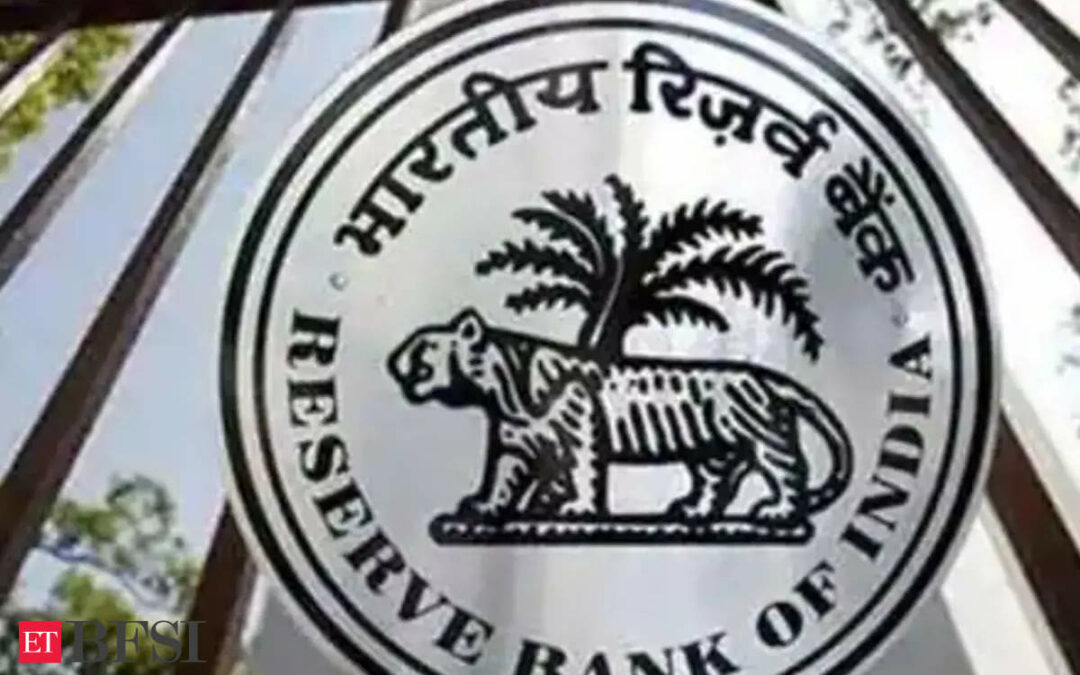The Reserve Bank of India (RBI) has recently updated its master direction on foreign investment in India, introducing key changes and clarifications. The key clarifications that particularly stand out pertain to downstream investments by Foreign Owned or Controlled Companies (FOCCs) incorporated in India. These much-anticipated clarifications address long-standing confusion, particularly regarding share swaps and deferred consideration mechanisms, and are expected to be a positive development for India Inc.Downstream investments, also known as indirect foreign investments, by FOCCs are subject to the same requirements and compliances as direct foreign investments. This principle ensures that what cannot be done directly cannot be done indirectly. This measure was implemented to prevent the circumvention of rules through indirect means and to close any loopholes that might allow for regulatory arbitrage. However, while doing so, the existing regulatory regime imposed stricter compliance requirements upon FOCCs compared to foreign investors and inadvertently appeared to create additional hurdles. The RBI has now clarified that arrangements available for direct investments by foreign investors in India shall also be available for downstream investments by FOCCs, provided they comply with the downstream investment guidelines, including restrictions on the use of borrowed funds for downstream investment. This clarification is crucial as it enhances deal flexibility for FOCCs and creates a more level playing field for FOCCs.
In furtherance of the aforesaid general principle, one of the significant clarifications that has been issued is the explicit permission for FOCCs to undertake acquisitions through share swap structures and deferred consideration mechanisms. Previously, certain practitioners maintained the view that share swap structures should be permitted by FOCCs as well if one were to apply purposive interpretation of the rules.
However, confusion continued to remain regarding the permissibility of such structures for FOCCs since certain authorised dealer banks were taking divergent views. In recent years, there has been significant consolidation across various industries. However, due to the prevailing confusion, FOCCs were plagued with practical challenges and were forced to resort to pure cash deals only. As a result, FOCCs were finding it challenging to discharge purchase consideration through non-cash sources such as shares. This entailed massive cash outflows, making it difficult for FOCCs to participate effectively in the consolidation wave. With the new guidelines, FOCCs can now make acquisitions through share swap structures, aligning with the flexibility available to foreign investors. Previously, FOCCs also faced significant challenges in making payments for share purchases on a deferred basis or through escrow mechanisms. Due to regulatory uncertainties, they were often forced to pay the entire consideration upfront to the sellers. This was particularly difficult in today’s dynamic business environment, where the complex deals make it customary to link a portion of the consideration to the target company’s actual performance or the fulfilment of certain milestones. The ambiguity in regulations made it hard for FOCCs to adopt these deal structures.
Now, the recent clarifications have explicitly allowed deferred payment mechanisms and escrow arrangements for FOCCs in share purchase transactions, subject to certain conditions. A complete flexibility—without any limitations on the portion of the deferred component and timelines for payment—would have been more commercially advantageous (provided pricing guidelines are complied with). Nevertheless, the current clarification still provides much-needed relief as it permits FOCCs to defer or keep in escrow, up to 25% of the purchase consideration, with the deferred portion or escrow settlement not exceeding 18 months.
While the recent changes are much needed, the updated guidelines increase compliance requirements in certain cases. If an original investment in an Indian investee company was made by a domestically owned and controlled Indian entity that later becomes an FOCC, the downstream investment must be reported (through Form DI) by the investor entity within 30 days of reclassification. This adds to the compliance burden and is likely to present practical challenges, as FOCCs will now need to make multiple downstream investment filings within a short period.
The reporting requirements have become more stringent, as entities now must report all prior investments to the RBI, even if the original equity investments were made when the entity was not an FOCC. This situation will also pose challenges for Indian listed companies, whose foreign shareholding fluctuates due to the free transferability of shares on stock exchanges. Additionally, large Indian conglomerates with significant foreign shareholding, numerous subsidiaries, and intricate group structures will find it especially challenging to navigate this change.
Although these changes simplify the compliance landscape, certain issues in the downstream investment guidelines continue to remain and may merit reconsideration. The permitted avenues or sources of funds for downstream investments are extremely limited (i.e., internal accruals and funds raised from abroad), with a negative restriction on utilizing domestic debt. This has created ambiguities regarding the utilization of certain other legitimate sources of funds for making downstream investments.
For instance, FOCCs should be explicitly permitted to use funds received from domestic investors (through rights issues or preferential allotments) for downstream investments, ensuring domestic shareholders are not disadvantaged. There seems to be no valid reason for imposing these restrictions on domestic shareholders. Allowing them to participate in fund raises by FOCCs for downstream investments would prevent any potential unfair disadvantage. The regulator could also consider permitting additional sources for making downstream investments or alternatively formulate a negative list of prohibited sources.
In conclusion, the recent move by the RBI provides much-needed relief and addresses some of the pressing regulatory uncertainties for FOCCs in India. Although the new guidelines increase compliance burdens in some cases and certain areas may merit further re-thinking, these clarifications are a positive development. They grant much-needed flexibility for FOCCs in deal structures, are expected to facilitate M&A activity and create a more level playing field for FOCCs.
(The authors are Partner and Principal Associate, Saraf and Partners; Views expressed are personal)









